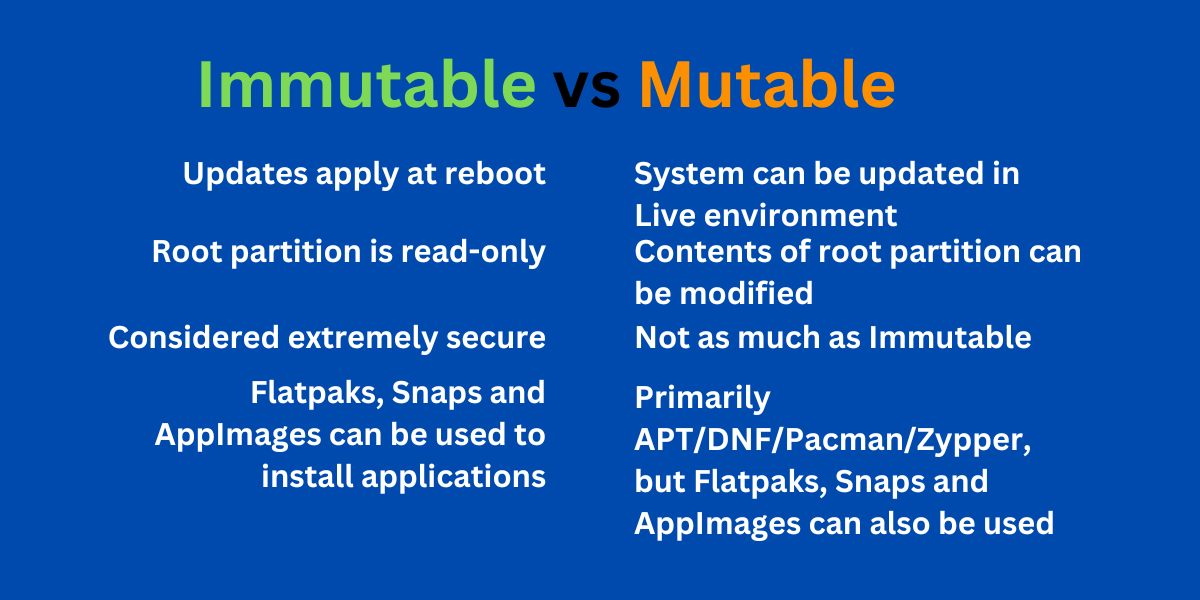this post was submitted on 13 Jan 2025
364 points (94.0% liked)
Linux
58553 readers
1084 users here now
From Wikipedia, the free encyclopedia
Linux is a family of open source Unix-like operating systems based on the Linux kernel, an operating system kernel first released on September 17, 1991 by Linus Torvalds. Linux is typically packaged in a Linux distribution (or distro for short).
Distributions include the Linux kernel and supporting system software and libraries, many of which are provided by the GNU Project. Many Linux distributions use the word "Linux" in their name, but the Free Software Foundation uses the name GNU/Linux to emphasize the importance of GNU software, causing some controversy.
Rules
- Posts must be relevant to operating systems running the Linux kernel. GNU/Linux or otherwise.
- No misinformation
- No NSFW content
- No hate speech, bigotry, etc
Related Communities
Community icon by Alpár-Etele Méder, licensed under CC BY 3.0
founded 6 years ago
MODERATORS
you are viewing a single comment's thread
view the rest of the comments
view the rest of the comments

NixOS is kinda the best of both worlds, because it does everything in a way that is compatible with an immutable fs, but it doesn’t force you into abiding by immutability yourself.
You can always opt into immutability by using Impermanence, but I’ve never seen any reason to.
Edit: That said, the syntax has a steep learning curve and there are tons of annoying edge cases that spawn out of the measures it takes to properly isolate things. It can be a lot to micromanage, so if you’d rather just use your system more than tinker with it, it may not be a good fit.
Impermenance is not the same as immutability.
I suppose you’re right. It’s just another tool for helping you abide by immutable practices without forcing immutability as an unbreakable rule.